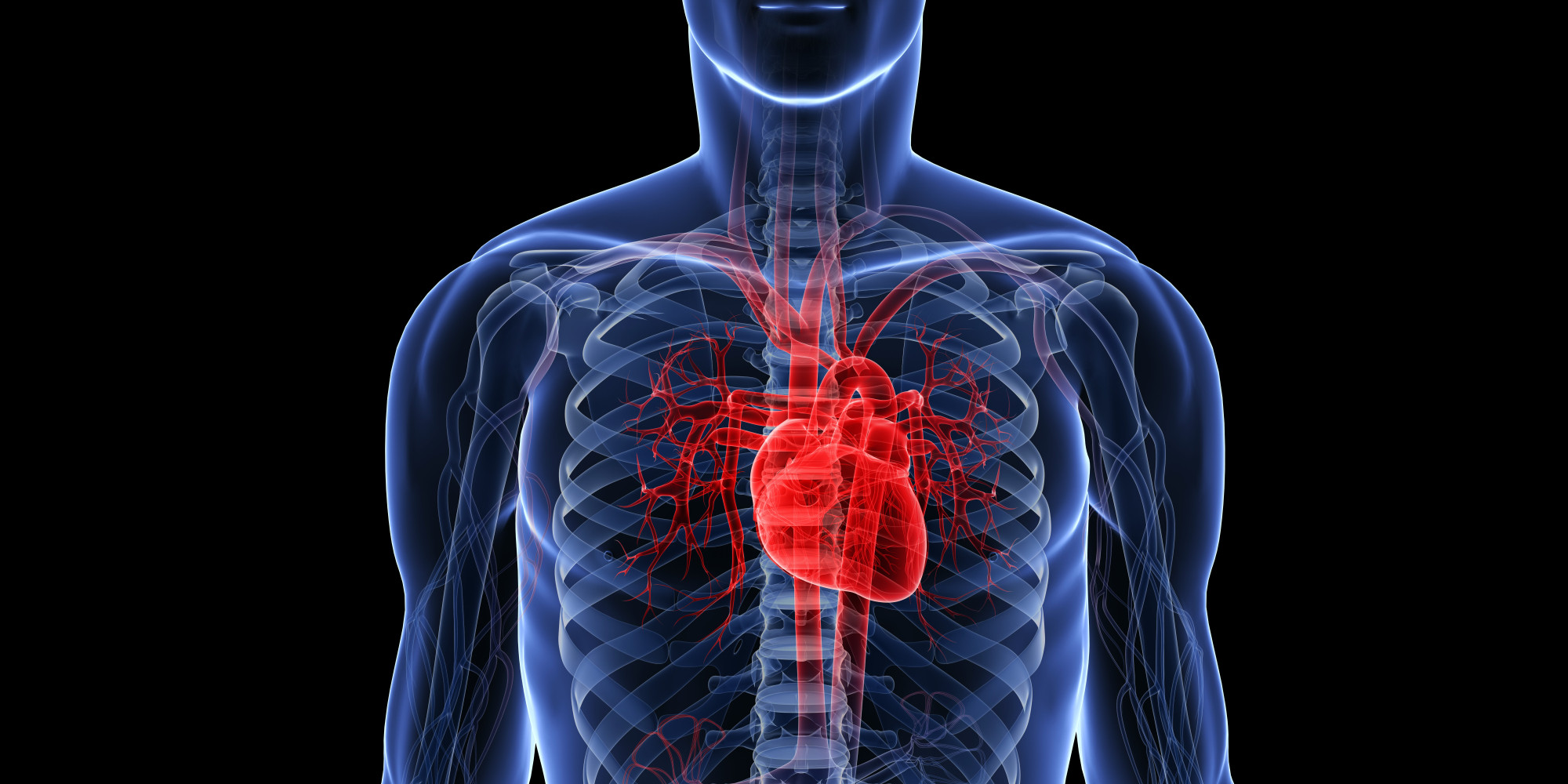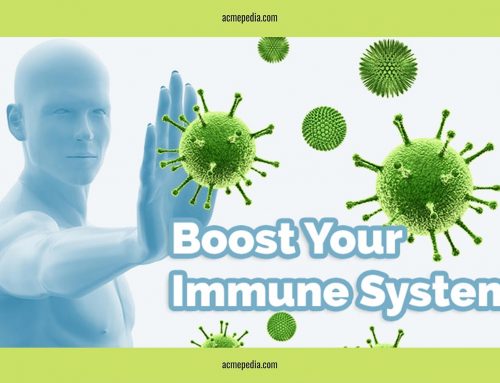Title: “Prioritizing Heart Health: Foods Cardiologists Urgently Advise Limiting or Avoiding”
Introduction
Cardiovascular diseases remain a significant global health concern, accounting for a substantial portion of morbidity and mortality worldwide. As the leading cause of death, it’s vital that individuals take proactive steps to reduce their risk of heart-related issues. One of the key pillars of heart health is diet, and top cardiologists consistently emphasize the importance of making informed choices about the foods we consume. In this essay, we will explore the foods that top cardiologists fervently advise people to quit or limit to promote heart health.
Section 1: The Role of Diet in Heart Health
Before diving into specific foods, it’s essential to understand the critical role that diet plays in cardiovascular health. Diet is a modifiable risk factor, meaning that individuals have a significant degree of control over their dietary choices and, consequently, their heart health. A heart-healthy diet can help manage blood pressure, cholesterol levels, weight, and other factors directly related to cardiovascular well-being.
Section 2: The Impact of Processed Foods
Cardiologists universally warn against the excessive consumption of processed foods. Processed foods are often characterized by their high content of added sugars, unhealthy fats, sodium, and various artificial additives. These foods, while convenient, can have detrimental effects on the heart.
Section 3: The Dangers of Trans Fats
Trans fats, a particularly harmful type of fat, deserve special attention. These fats are typically found in partially hydrogenated oils used in many processed and fried foods. Cardiologists strongly advocate avoiding foods containing trans fats due to their unequivocal association with an increased risk of heart disease.
Section 4: Sodium and High Blood Pressure
High sodium intake is closely linked to high blood pressure, a major risk factor for heart disease. Salt is pervasive in many processed and restaurant foods, and cardiologists stress the importance of reducing sodium intake to maintain healthy blood pressure levels.
Section 5: The Sugary Beverage Dilemma
Sugar-sweetened beverages, including soda and some fruit juices, are culprits in the global rise of obesity and heart disease. Cardiologists implore individuals to limit or entirely avoid these drinks due to their contribution to weight gain and cardiovascular risk.
Section 6: The Role of Fats in Heart Health
Not all fats are created equal, and cardiologists emphasize the distinction between healthy and unhealthy fats. While saturated fats found in certain animal products can raise cholesterol levels, unsaturated fats, like those in nuts, avocados, and olive oil, offer heart-protective benefits.
Section 7: The Red Meat Debate
Red meat consumption, particularly of processed meats like bacon and sausages, has been associated with an increased risk of heart disease. Cardiologists offer guidance on how to approach red meat consumption in moderation while prioritizing lean cuts.
Section 8: Plant-Based Eating and Heart Health
A growing body of research suggests that adopting a plant-based diet can significantly reduce the risk of heart disease. Cardiologists discuss the merits of a plant-based eating pattern, including the benefits of increased fiber, antioxidants, and healthy fats.
Section 9: Omega-3 Fatty Acids and Heart Health
Omega-3 fatty acids, commonly found in fatty fish like salmon and walnuts, have been shown to have a protective effect on the heart. Cardiologists highlight the importance of incorporating these heart-healthy fats into one’s diet.
Section 10: The Mediterranean Diet and the DASH Diet
Two dietary patterns, the Mediterranean Diet and the Dietary Approaches to Stop Hypertension (DASH) Diet, have gained recognition for their heart-protective qualities. Cardiologists delve into the principles of these diets and their potential to reduce the risk of heart disease.
Section 11: Beyond Diet: Lifestyle Factors
While diet is a crucial component of heart health, it’s not the sole factor at play. Cardiologists stress the importance of a holistic approach, including regular physical activity, stress management, and avoiding smoking, to maximize cardiovascular well-being.
Conclusion
In conclusion, the advice from top cardiologists regarding foods to quit or limit is grounded in a wealth of scientific evidence and a profound commitment to improving heart health. By understanding the impact of processed foods, trans fats, excessive sodium, sugary beverages, and other dietary choices, individuals can take proactive steps to reduce their risk of heart disease. Moreover, embracing heart-healthy fats, plant-based eating, and balanced diets like the Mediterranean and DASH diets can be transformative for cardiovascular health. In this era of accessible information, individuals have the power to make informed choices about their diet and lifestyle, ultimately safeguarding their hearts for a healthier and longer life.
This essay provides an extensive exploration of the foods that top cardiologists recommend quitting or limiting for heart health, backed by scientific evidence and expert advice. It emphasizes the importance of informed dietary choices in reducing the risk of heart disease and promotes a holistic approach to cardiovascular well-being.








Leave A Comment